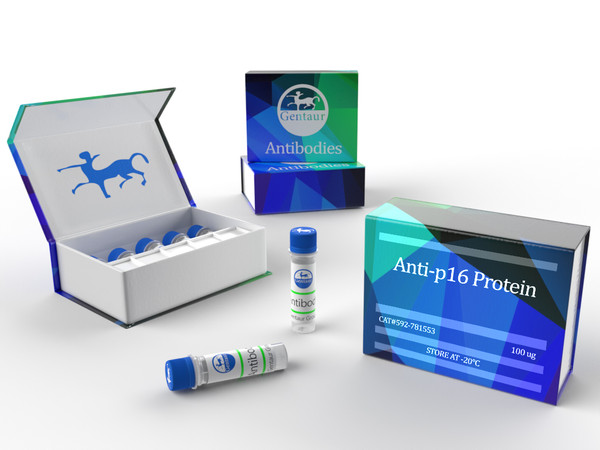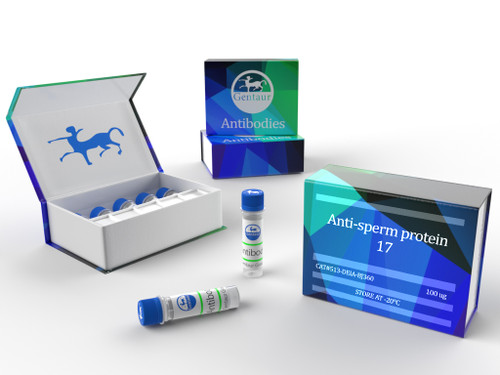Product Overview
Anti-p16 Protein
Antibodies that detect p16INK4a can be used in several scientific applications, including Western Blot, Immunohistochemistry (Paraffin), Immunocytochemistry, Immunohistochemistry and ELISA.
These antibodies target p16INK4a in Human, Mouse and Rat samples. Our p16INK4a monoclonal, polyclonal and recombinant monoclonal antibodies are developed in Mouse, Rabbit and Goat. These antibodies have been verified by Knockout.
Relative expression and Knockdown to confirm specificity to p16INK4a. Find the p16INK4a antibody that fits your needs. Choose from 1 of 105 p16INK4a antibodies, which have been validated in experiments with 88 publications and 415 images featured in our data gallery.
Browse primary antibodies for WB, Flow, IHC, ICC/IF, ELISA, IP, and other applications. Antibodies with Advanced Verification data have been validated for specificity to ensure that the antibody binds to the antigen stated.
If you cannot find the antibody you're looking for, contact us today to develop custom antibodies for specific targets, species and applications.
Target Information
This gene generates several transcript variants which differ in their first exons. At least three alternatively spliced variants encoding distinct proteins have been reported, two of which encode structurally related isoforms known to function as inhibitors of CDK4 kinase.
The remaining transcript includes an alternate first exon located 20 Kb upstream of the remainder of the gene; this transcript contains an alternate open reading frame (ARF) that specifies a protein which is structurally unrelated to the products of the other variants.
This ARF product functions as a stabilizer of the tumor suppressor protein p53 as it can interact with, and sequester, the E3 ubiquitin-protein ligase MDM2, a protein responsible for the degradation of p53.
In spite of the structural and functional differences, the CDK inhibitor isoforms and the ARF product encoded by this gene, through the regulatory roles of CDK4 and p53 in cell cycle G1 progression, share a common functionality in cell cycle G1 control.
This gene is frequently mutated or deleted in a wide variety of tumors, and is known to be an important tumor suppressor gene.







